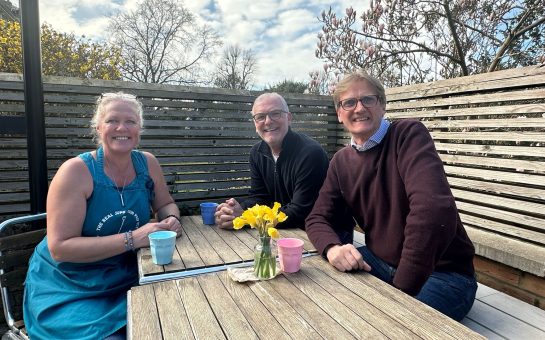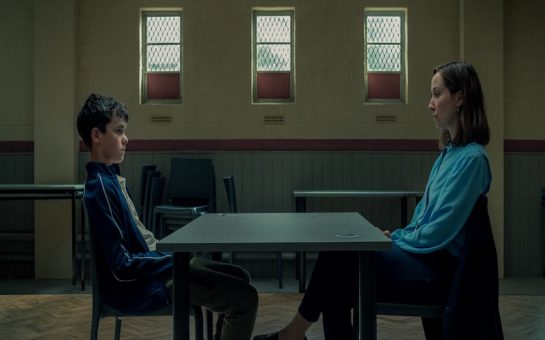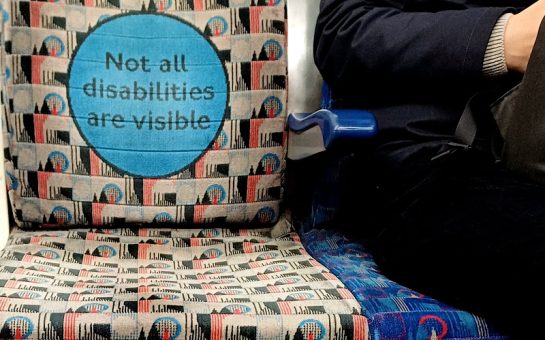A website dedicated to sexually explicit fan art and an online compendium of the world’s ‘sickest, rudest and most offensive’ jokes are just two of the websites under scrutiny by the NSPCC.
The charity is kick-starting 2015 by honing in on what they consider to be dangerous social networking sites with the campaign Share Aware.
The development comes after a panel of more than 500 Mumsnet parents reviewed 48 social networking sites directed at youngsters.
Within half an hour three quarters of these parents unearthed inappropriate content on Sickipedia, Omegle, Deviant Art and F my Life –sites referred to by the charity as the top online offenders.
NSPCC regional head of service, Colin Peak, said: “Technology is leaping ahead of our moral consciences.
“It is now more than ever, especially as we come out of Christmas, that children as young as eight years old are using smartphones, tablets, laptops and other technological devices.”
But how much do parents really know about the sites that their children are browsing on?
This is the very question that the NSPCC hope more and more parents will be able to answer in the wake of its new campaign.
Mr Peak said: “We don’t want the Internet to work us, we want to be able to work it, which is why we are urging parents to steer their children away from the traps of social networking by informing them of its potential risks.”
The NSPCC has also created an online guide to encourage parents to talk to their children about what they share online.
The charity hopes that by equipping parents with the tools to tackle the web confidently, their children will be safer.
The campaign, aimed at parents of eight to 12-year-olds children, also features two films which follow the stories of children who share too much information about themselves online.
The videos I Saw Your Willy and Lucy And The Boy have already been widely circulated by celebrities, including Natasha Hamilton and Gillian Anderson, on Twitter.
The campaign coincides with the Prime Minister’s announcement last month to make the sending of sexual messages from an adult to a child under 16, illegal under new legislation.
NSPCC Chief Executive, Peter Wanless, said: “Of course a law only works if people report crime.
“So we now need to make sure that parents know that if an adult sends their child a sexual message they can report this to the police.
“And parents should have regular conversations with their children about who they are talking to online, and make clear that they won’t be in trouble if an adult sends them a sexual message.”
In addition to its campaigns the NSPCC also dealt with 56, 687 children who were helpline referrals in 2013 and 2014.
This is more than 14, 000 more than the previous period of 2012-2013.
Mr Peak said: “The last thing we should do is equate the rising number of referrals with a rising level of child abuse.
“Rather, we should view this as the portrayal of a rising level in confidence – the more people who come forward, the more people we can help.”
For the NSPCC, founded in 1884, it is just as important to work with abusers as it is with the victims they affect.
Mr Peak said: “We need to divert the behaviour of the attackers themselves.
“It’s not just a simple case of locking them up and throwing away the key.
“Everything has a consequence. Rather than treating them as leapers in society, we need to tackle this problem head on by forcing them to see that child abuse is totally unacceptable.
“What kind of future would be encouraging otherwise?
“Only by such people realising what they are doing is wrong, can even greater change be achieved.”
To find out more about the Share Aware campaign click here.
Picture courtesy of Lexie Flickinger, with thanks




